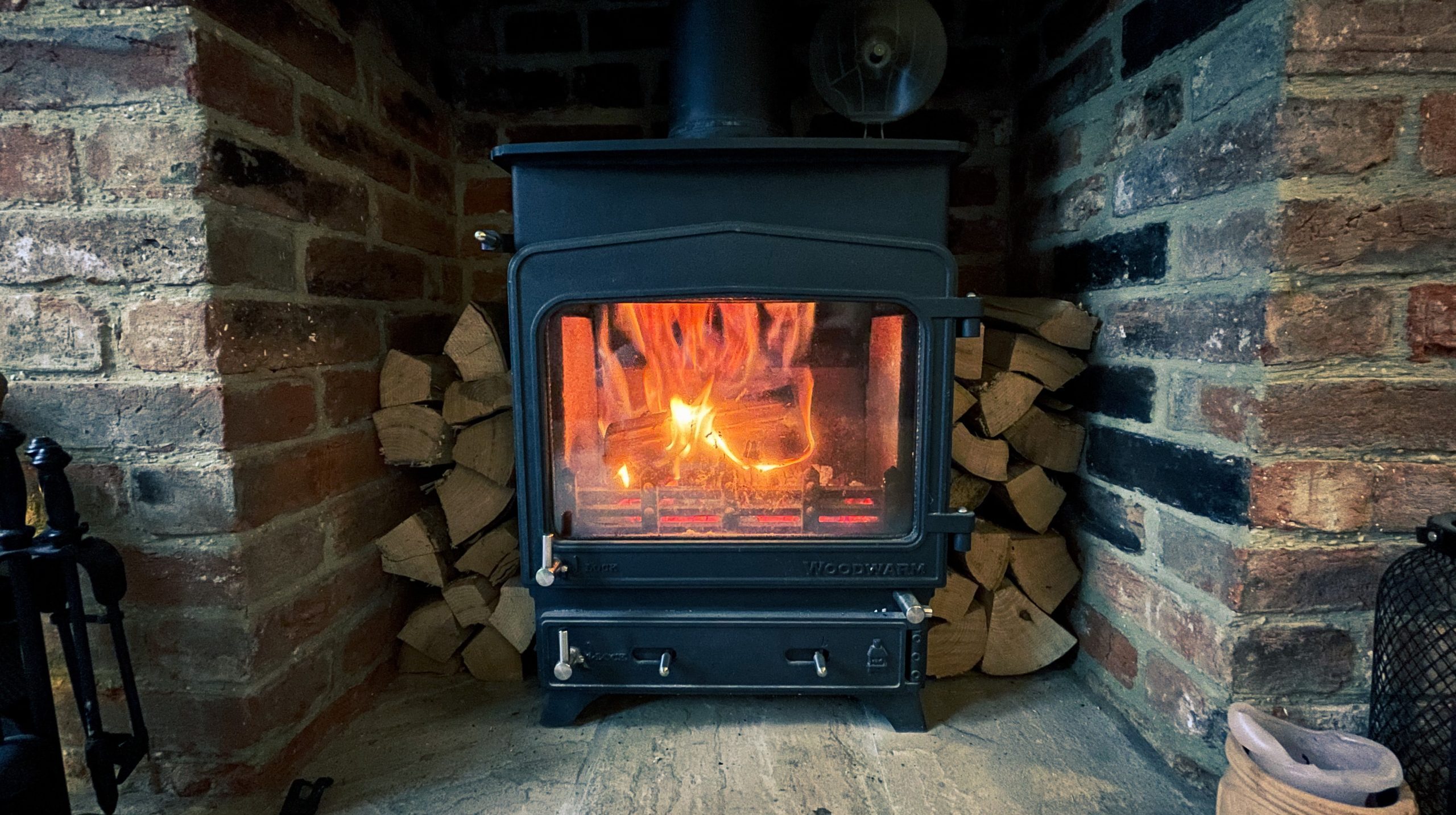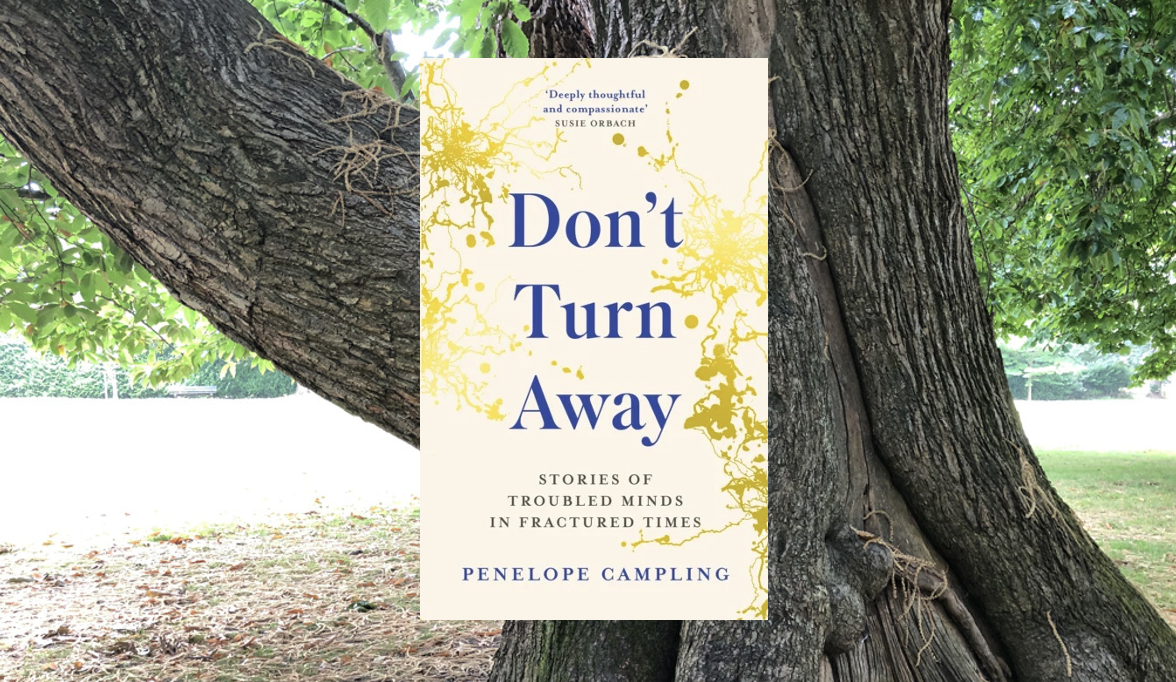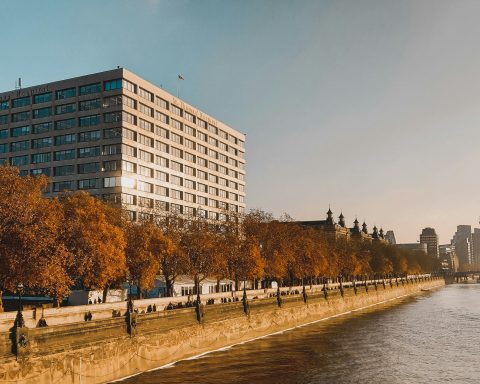
With summer (almost) behind us and winter looming, households across the UK will start to face the economic challenge of heating their homes. Ofgem, the energy regulator, had increased the cap on what suppliers can charge for their default tariffs by 80% to £3549, though our new Prime Minister has recently announced an energy price cap freeze of £2500. With a ‘volatile’ market, Ofgem warns that prices could get ‘significantly worse through 2023’ although the current plans for the energy price guarantee will last for two years. UCL’s Institute of Health Equity has released a timely report looking at fuel poverty in the UK, and the report makes for uneasy reading.1 Before the recent announcement of the energy price guarantee, the authors of the report estimated that 66% of UK households will be in fuel poverty, or an inability to adequately heat their homes or meet basic energy requirements, by January 2023.
Long-term impact on children’s lives
The impacts of cold homes do not stop at physical health… Fuel poverty is an independent factor predicting maternal depression…
Fuel poverty can lead to cold homes, which in turn leads to an array of short, medium and long-term effects on health. Households particularly at risk of fuel poverty include low-income households, families with dependent children, households with people living with disabilities and minority ethnic households. Research has shown that cold homes increase the risk of poor respiratory health and respiratory infections and increased hospital admissions.2 Cold homes are more prone to damp and mould, which is no friend to those with asthma.3 In a cost of living crisis, households will use different strategies to reduce spending, and spending on energy is usually reduced by cutting consumption, which leads to cold homes. What dire choices can poor households make otherwise? A study of low income American families showed that families (adults and children) reduced their food spending and caloric intake during cold weather, a time when nutritional requirements are higher.4 Food or fuel? These are saddening choices to see laid bare in the cold light of day. The impacts of cold homes do not stop at physical health; cold homes mean that children miss more days off school due to cold-related illnesses and more children in cold homes feel unhappy compared to those living in warm homes.2 Fuel poverty is an independent factor predicting maternal depression, which Michael Marmot warns is an adverse childhood experience and influence behavioural, cognitive and physical inequalities into adolescence and beyond.5
What are we going to do?
…what’s the point of treating and screening for asthma and COPD if patients are returning to cold damp and mouldy homes?
I wrote recently in BJGP Life about fuel and food poverty, and highlighted the importance of three actions we can immediately take in primary care: identifying fuel poverty, recording it and referring to local services. The UCL report suggests that NHS services need to take further action at the level of Integrated Care Systems (ICS) and accept a key role in improving houses and connecting patients to housing improvement services.1 Responsibility over housing is typically under the scope of local government, but as the authors of the report suggest, ‘as the effects of poor housing continue to have multiple consequences for the NHS, providing core funding to address housing problems should be the business of the NHS’. I can see the reasoning here: what’s the point of treating and screening for asthma and COPD if patients are returning to cold damp and mouldy homes? It will fall to the those sitting in the boardrooms of each ICS to form meaningful Integrated Care Partnerships (ICPs) with local authorities and district councils. Possible solutions might involve supporting income maximisation, energy efficiency and insulation interventions. How might the funding streams work here? A helpful guide published by the Kings Fund explains the nomenclature and what ICP commissioning might look like to allow more collaborative ways to plan and improve services.
This winter, several long-term issues are coming to a head to create a perfect storm: high fuel prices, poor housing quality, a lack of sustainable energy strategies, and families sliding into low income during a cost of living crisis.6 There will not be an easy or quick fix to these complex problems. The long-term health risks of cold homes discriminately impact those most vulnerable in our society. Our potential role in long-term solutions has been outlined in the Institute of Health Equity’s recent report, and there are steps we can take in the consultation to act in the short-term. As the impact of social determinants of health become increasingly significant, it seems increasingly impossible to act otherwise.
References
- Lee AS, I.; Boyce, T.; ALlen, J.; Goldblatt, P. Fuel poverty, cold homes and health inequalities in the UK. London: Institute of Health Equity; 2022.
- Liddell CM, C. Fuel poverty and human health: A review of recent evidence. Energy Policy. 2010;38(6):2987-97.
- Quansah R, Jaakkola MS, Hugg TT, Heikkinen SA, Jaakkola JJ. Residential dampness and molds and the risk of developing asthma: a systematic review and meta-analysis. PLoS One. 2012;7(11):e47526.
- Bhattacharya J, DeLeire T, Haider S, Currie J. Heat or eat? Cold-weather shocks and nutrition in poor American families. Am J Public Health. 2003;93(7):1149-54.
- Straatmann VS, Lai E, Law C, Whitehead M, Strandberg-Larsen K, Taylor-Robinson D. How do early-life adverse childhood experiences mediate the relationship between childhood socioeconomic conditions and adolescent health outcomes in the UK? J Epidemiol Community Health. 2020;74(11):969-75.
- Marmot M, ; Sinha, I.; Lee, A. Millions of children face a ‘humanitarian crisis’ of fuel poverty. BMJ. 2022;378:o2129.
Featured photo by Matt Seymour on Unsplash








